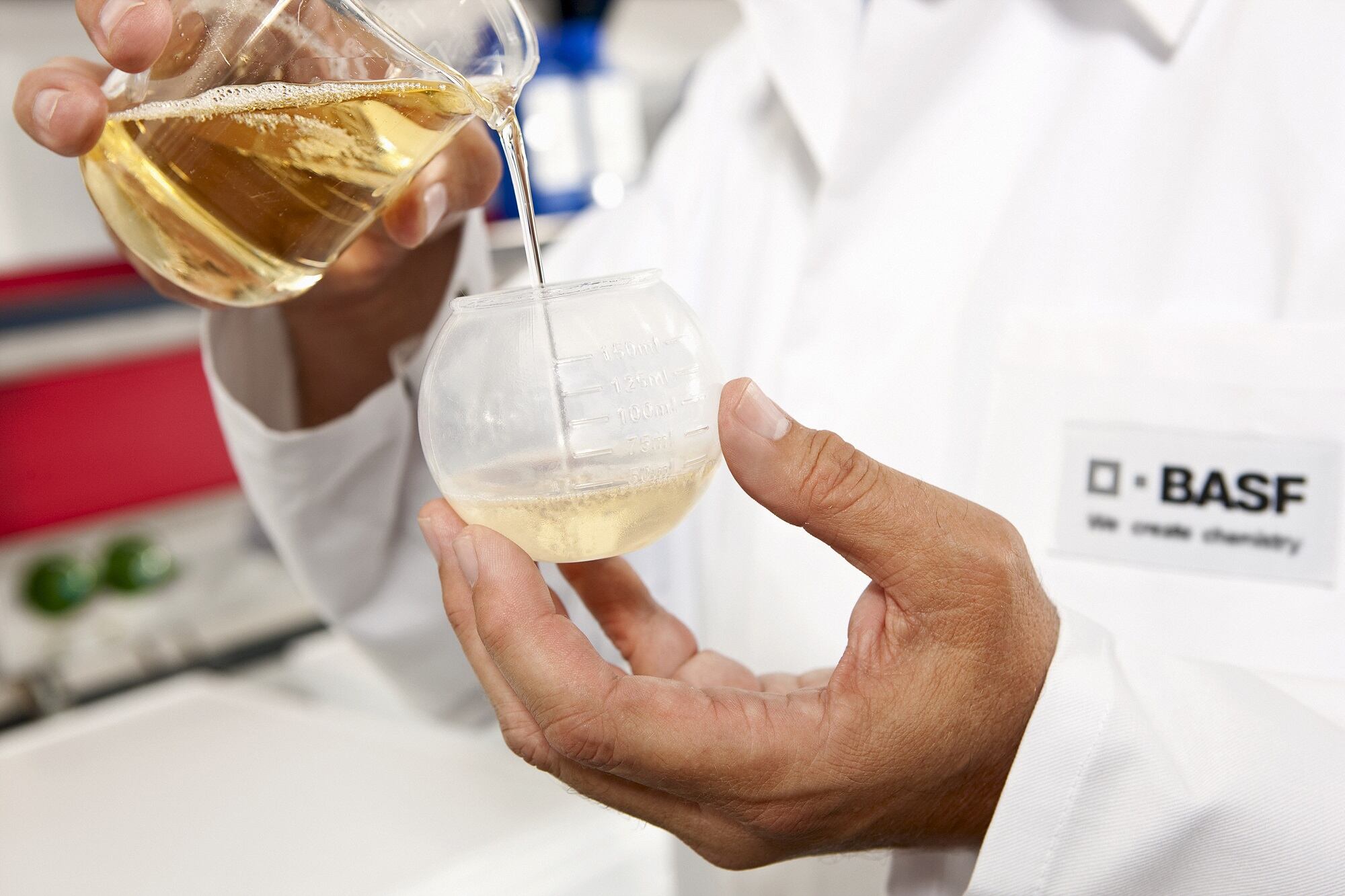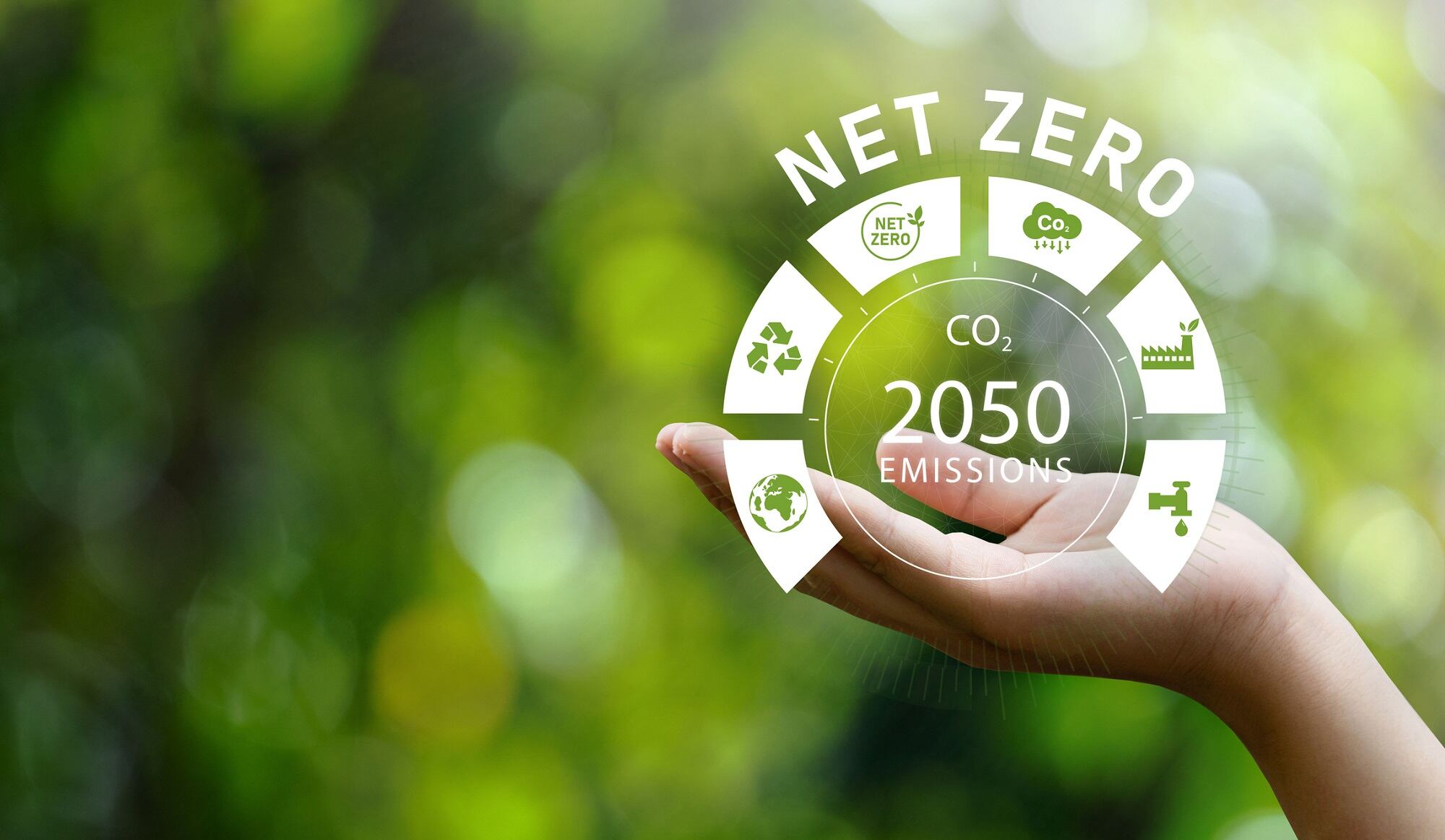The investment in the Cincinnati, Ohio production facilities is projected to significantly impact its supply for North American cosmetic and personal care product manufacturers who utilize APGs in products, and additional production is expected to hit by 2025.
Why formulate with APGs
APGs have a wide range of personal care applications including hair care options like shampoo or baby shampoo, skin care options like shower gel and facial cleanser, and oral care options like toothpaste and mouthwash.
This ingredient is favored for formulation with these product types because it offers multiple benefits such as proven mildness to skin, mucous membranes, hair, and scale, improves skin compatibility of conventional surfactant systems, provides excellent foaming behavior for effective cleansing, and is ideal for concepts alternative to sulfate-containing surfactants.
As detailed in BASF’s recent press release, its APGs are “bio-based and readily biodegradable, mild secondary surfactants, derived from 100% natural and renewable feedstocks,” and their non-ionic nature makes these ingredients more versatile for formulation with other surfactants.
BASF’s APG ingredient line for North American production includes Plantaren 810 UP with main applications for formulation in shampoo, shower gel, and mouthwash, Plantaren 1200 N UP with main applications for liquid soap, shampoo, shower gel, toothpaste, and bubble bath, Plantaren 818 UP with main applications for liquid soap, shower gel, foam bath, and shampoo, and Plantaren 2000 UP with main applications for liquid soap, shower gel, and facial cleanser.
BASF has also conducted multiple studies into the efficacy of its APG line’s cleansing potential. In a Soap Chamber Test, researchers determined that “skin dryness assesses on day 8 shows confirmed that alkyl polyglucosidesare the surfactants with lowest dryness mean value in comparison to other surfactants tested,” and that “the cumulative irritation potential of surfactants assessed by Transepidermalwater loss (TEWL) on day 5 shows lower irritation potential of alkyl polyglucosidesin comparison to other surfactants tested.”
These results support BASF’s assertion that its APG ingredients are extremely mild and gentle cleansers for effective daily use.
Testing has also been performed regarding the efficacy of BASF’s APG collection as a hair cleanser. Scanning Electron Microscopy (SEM) imaging was performed on different hair strands to compare the strand’s appearance when covered with sebum (control), washed with water only, washed with a sodium laureth sulfate, and washed with Plantacare 1200 UP from its European APG ingredient line.
In the testing, “3 ml of surfactant solution (at 10%) was used per hair tress. After foaming, the shampoo was in contact for 3 minutes and thereafter the hair tress was rinsed under tap water for one minute,” as detailed in the company’s study.
When comparing the imagery results, researchers determined that “when washing with Plantacare 1200 UP, the surface layer of the hair cuticle remains uniform, the hair fiber has very regular and smooth aspect and is clean.” These results confirm BASF’s claim that its APG ingredients act as a mild and natural hair-protecting surfactant.
About the production expansion
The expansion is part of BASF’s commitment to its Care 360° – Solutions for Sustainable Life program, which is part of the company’s long-term growth strategy to produce sustainable Care Chemicals for cosmetic and personal care product manufacturer use in product formulation and production.
BASF currently produces APGs in facilities in Germany, China, and its Cincinnati, Ohio facilities, as “this expansion demonstrates our unwavering commitment to deliver innovative bio-based and biodegradable surfactants to our customers,” said Marcelo Lu, Senior Vice President Care Chemicals, North America in its recent company press release announcing the expansion.
About the expansion, Tasso Rigopoulos, Site Director for BASF in Cincinnati added that “this investment demonstrates our commitment to our employees, our community and our presence in Ohio” in the same release. Further, Mary Kurian, President Care Chemicals at BASF added that “with this investment, we will solidify our position as a leading supplier of APGs in all relevant industries,” and “will enable the future of bio-based and biodegradable surfactants worldwide by offering diverse applications for personal care...”





